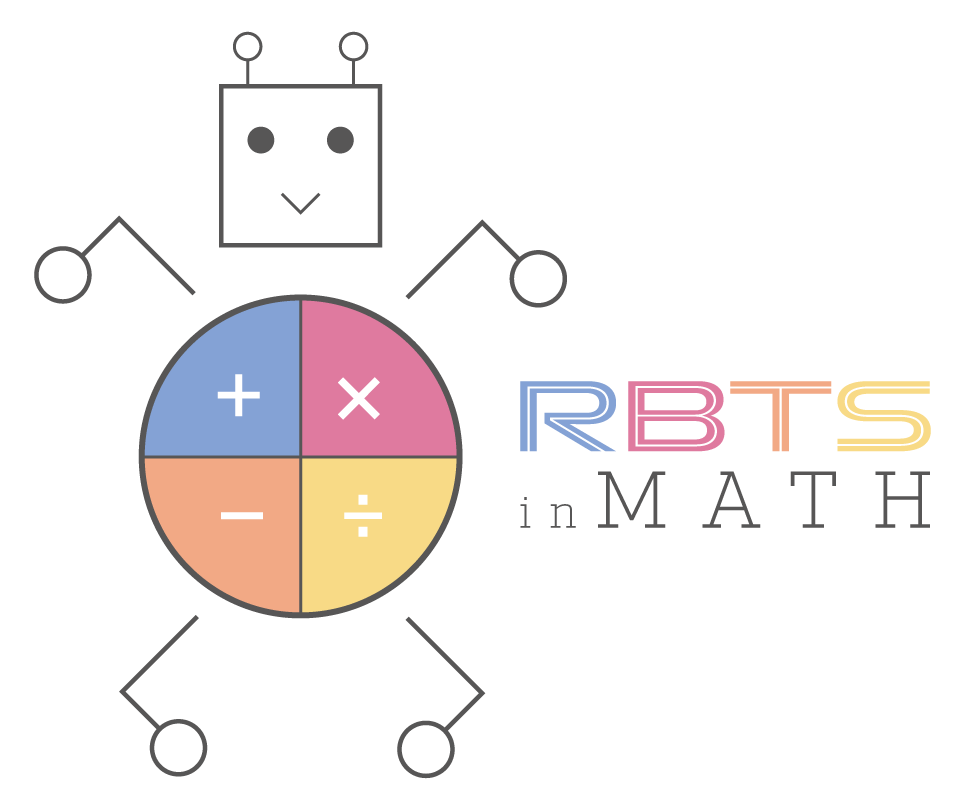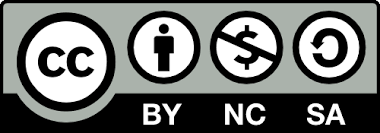Work Packages
The project activities will lead to the achievement of the project objectives and delivery of the planned results as in the
following. There will be four activities in this WP’. These activities are:
a. Content Development for Robotics Applications in Flipped Learning,
b. Developing Modular Curriculum,
c. implementing Pilot Study and
d. TPM for Video Content Development
WP2
Work package n°2 – Developing Modular Curriculum with Robotics Application for Flipped Learning
This work package focuses on ‘Developing Modular Course Curriculum for Flipped Learning to encourage the use of robotics applications in primary school maths education. Developing a modular curriculum provided a course curriculum to the faculties of education and other educational institutions. Faculty members or trainers can teach prospective teachers how to use robotics applications in blended education. This curriculum can be applied in an elective course or by adding it to the programs of existing courses.
Through the modular digital pedagogy curriculum created in this work package, pre-service teachers gain competencies in motivating their students in mathematics activities. This innovative teaching method enables pre-service teachers to use robotics applications in learning and teaching activities.
Content Development for Robotics Applications in Flipped Learning
The project consortium performed desk research and a literature review about digital education and technology skills at the national and international levels.
Also, detailed surveys and interviews were applied to the target groups to determine the deficiencies in the field of digital pedagogy.
Modular Curriculum
The Modular Curriculum, consisting of 10 modules with teaching strategies, methods, techniques and tools was designed. The modular curriculum was translated into partner languages.
Pilot Study
Each partner implemented the modular curriculum in their class. The aim of the piloting was to familiarise participants with the main principles of the RbtsInMath project and to introduce them to the Modular Curriculum. Participants were generally positive about the information about the planning of the pilot study. 137 pre service teachers and teachers participated in the piloting.
Online meetings
12.01.2023
On 12 January consortium met online to discuss the next steps in the implementation of tasks. In the nearest future, Partners will carry out a literature review, both at the national and international level, in the field of the use of robotics in teaching mathematics. Traditionally,at the meeting we also discussed current issues related to project dissemination and management.
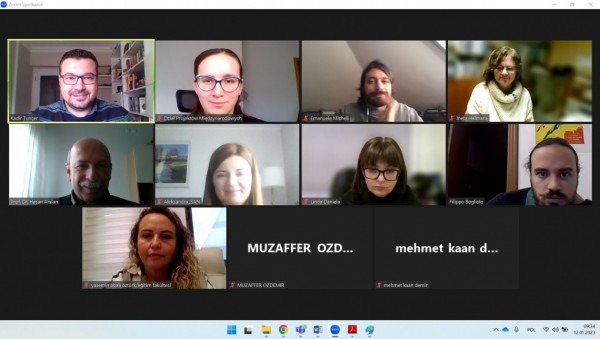
20.02.2023
On 20 February the consortium met online to discuss the next steps in the implementation of tasks. Currently, Partners are working on a literature review, both at the national and international level, in the field of the use of robotics in teaching mathematics. The next step will be developint the Modular Curriculum.
Traditionally, at the meeting we also discussed current issues related to project dissemination and management.
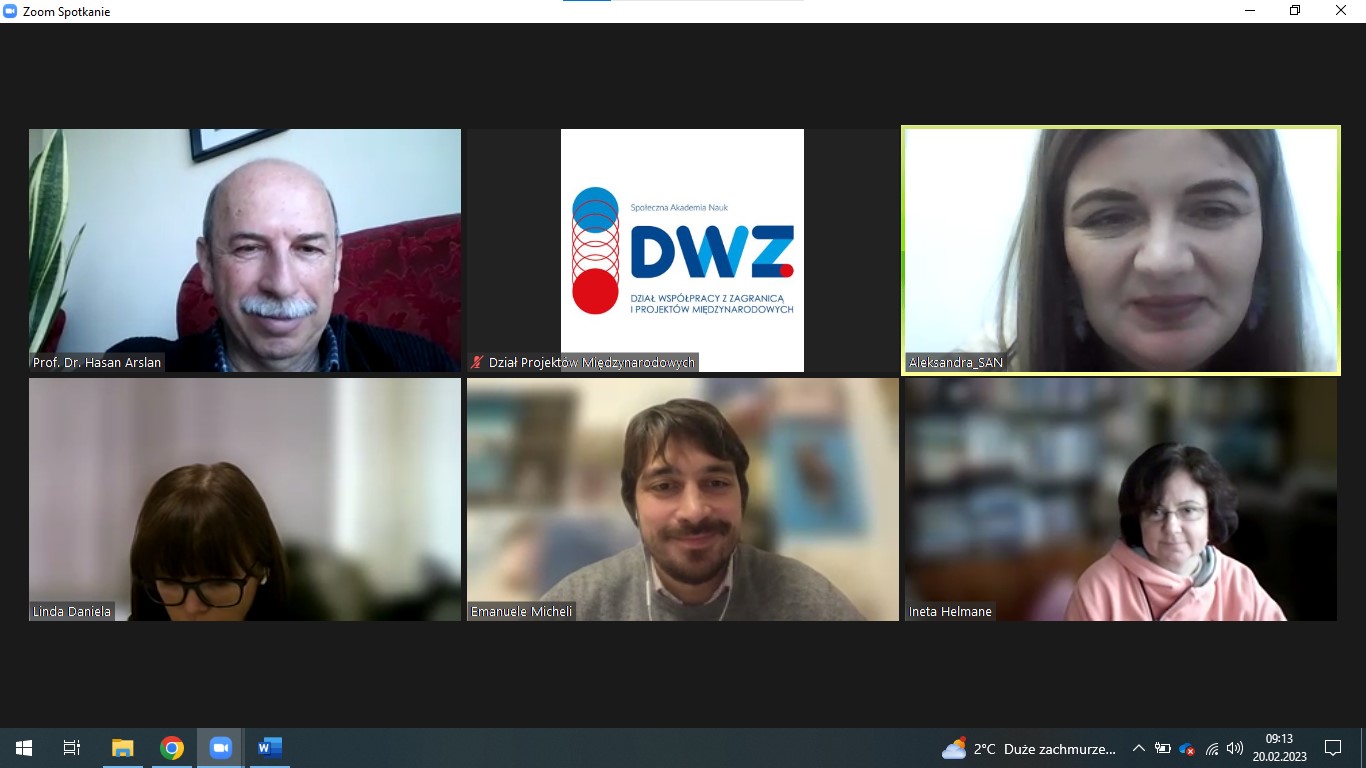
31.03.2023
On 27 March the Consortium met online to discuss the next steps in the implementation of tasks. Currently, Partners are finalizing a literature review, both at the national and international level, in the field of the use of robotics in teaching mathematics. During the meeting, Partners had also planned the next step to developing the Modular Curriculum.
Traditionally, at the meeting we also discussed current issues related to project dissemination and management.
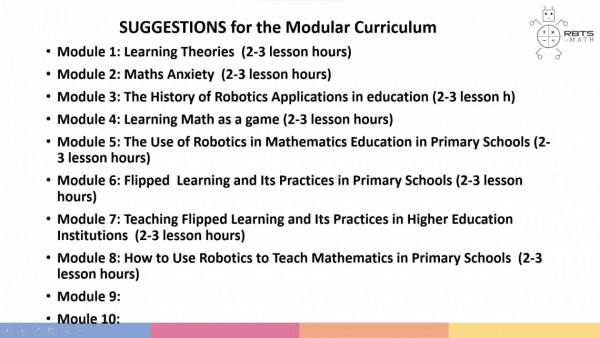
28.04.2023
On 28 April the consortium held another online meeting. In comming weeks, Partners will run the surveys and interviews with pre service teachers and teachers about robotics application in mathematics teaching. Currently, Partners are also developing the Modular Curriculum.
Traditionally, at the meeting we also discussed current issues related to project dissemination and management.
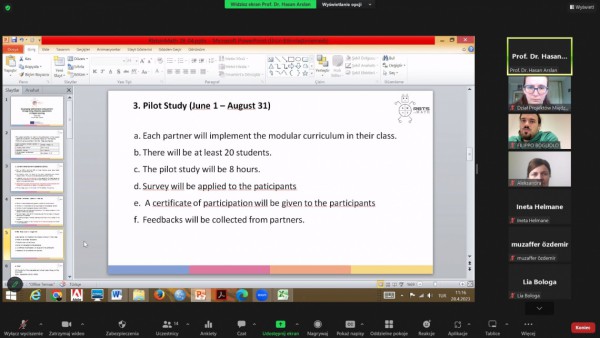
29.05.2023
On 29 of May, the consortium met online to discouss the project progress and comming tasks. In each Partner country the surveys and interviews with pre service teachers and teachers about robotics application in mathematics teaching are conduct. Currently, Partners are also developing the Modular Curriculum.
Traditionally, at the meeting we also discussed current issues related to project dissemination and management.
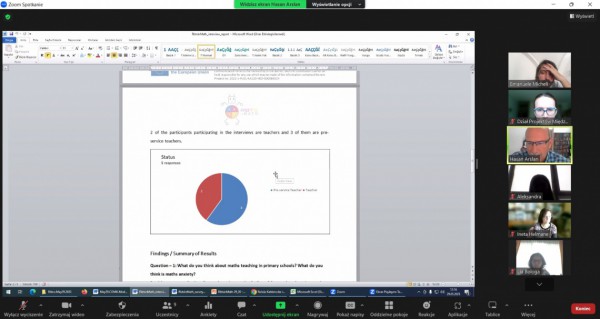
29.06.2023
On June 29, project partners participated in a monthly online meeting. During the meeting, the current progress of the project was discussed and future tasks were planned. The partners are currently finalizing the modular curriculum, which will soon be presented to future teachers in the form of piloting activities. Surveys and interviews were also conducted in each partner country on the use of robotic applications in teaching mathematics.
The research was aimed at finding out the attitudes of future teachers and the state of their knowledge about the possibility of using robots in teaching.
Traditionally, the meeting also discussed the dissemination of project results, quality assurance and ongoing management.
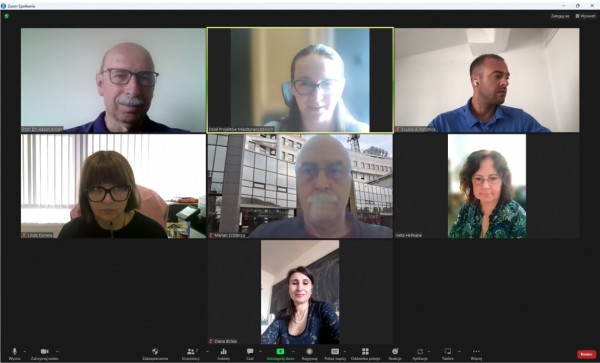
28.07.2023
On July 2023, the Consortium helt their last online meeting before the summer break. During the meeting, the current progress of the project was discussed and future tasks were planned. The partners finalized the modular curriculum, which will soon be presented to future teachers in the form of piloting activities. In September, Project Partners will met in person in Sibiu, Romania for the 2nd Transnational Project Meeting.
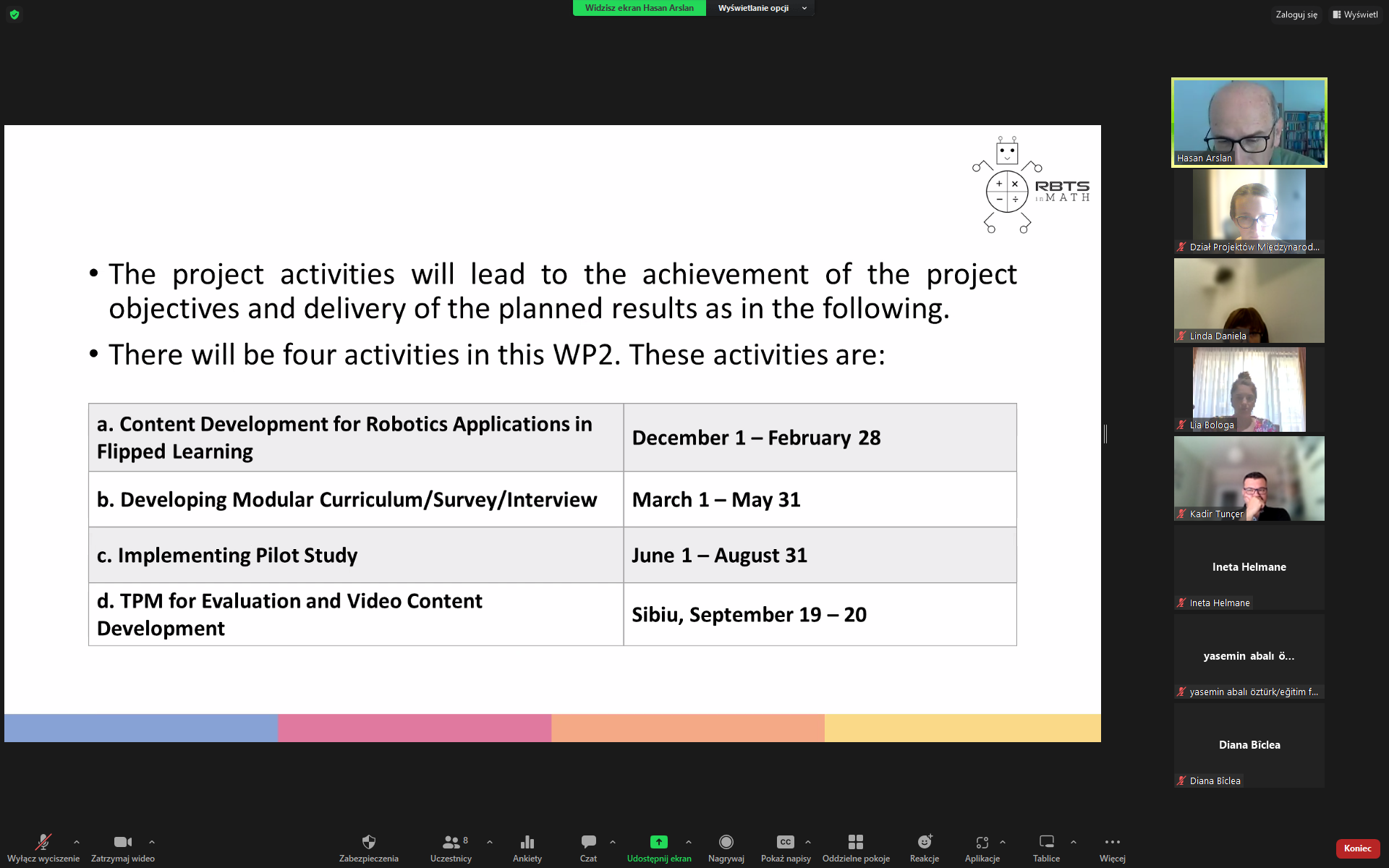
18.10.2023
On 18 October project partners participated in a monthly online meeting. The main focuse was on crating the educational videos for the Virtual Video Library. Expert on video makeing from SdR presented some tips and rules regarding creating and editing the videos. Partners also summarized the current activities, discoussed the disemination, management and quality assurance.
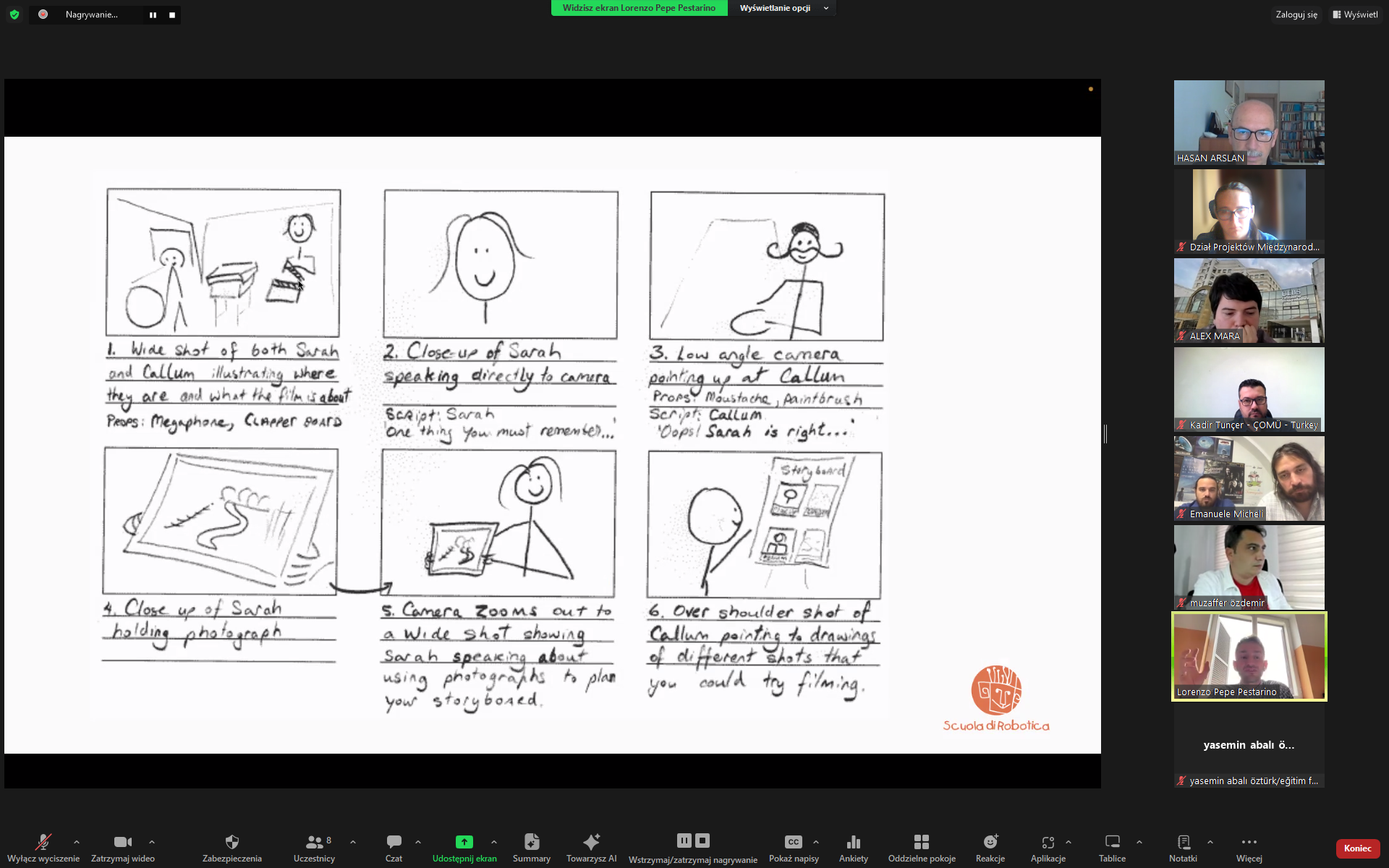
16.11.2023
Based on the guidelines, provided by CUOLA DI ROBOTICA, Consortium members are working od developin the ideas for the video library. The monthly meeting on 16th November was the ocasion to discouss the current progress of the project and to plan the future tasks.
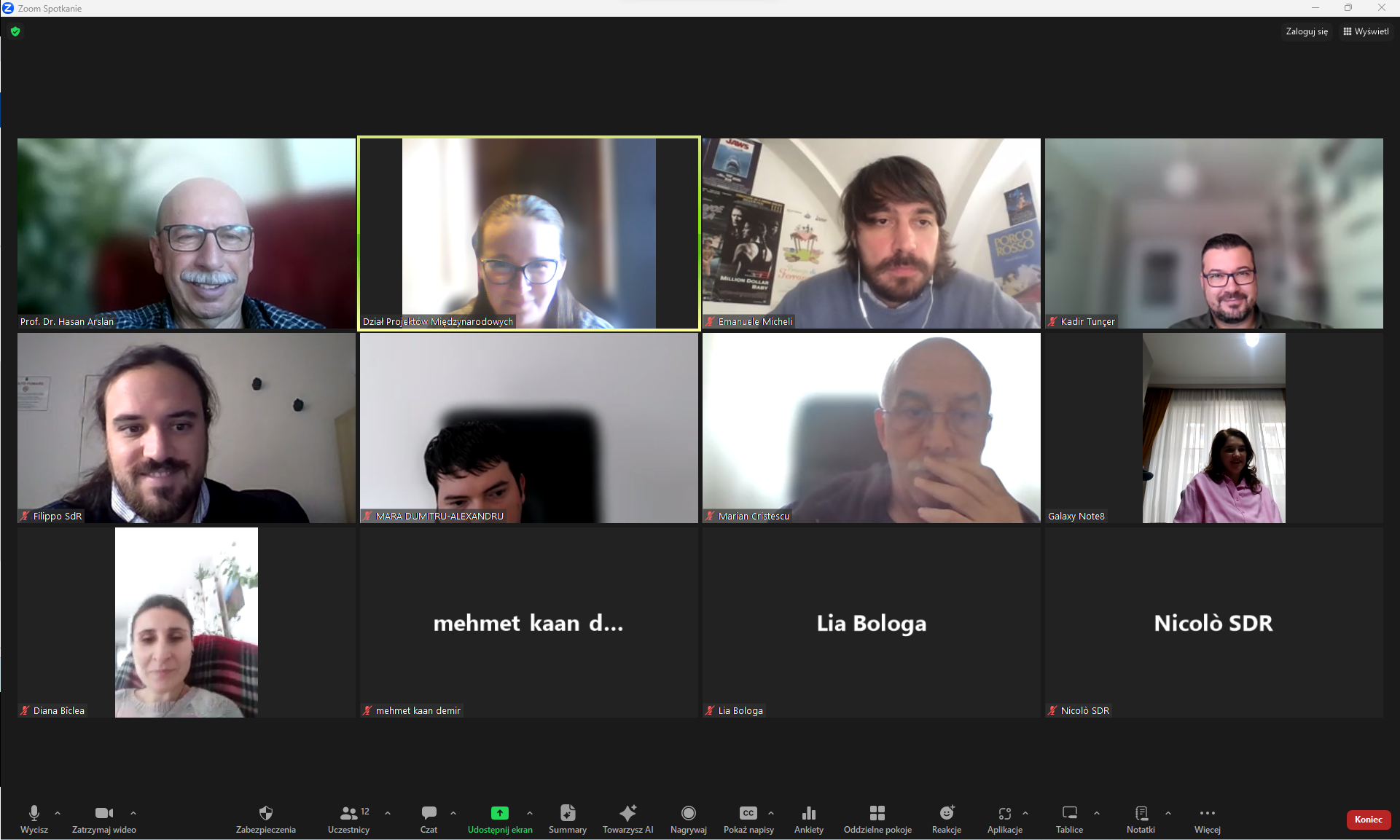
19.12.2023
Before the Christmas break, on 19th of December, RbtsInMath project consortium met to discuss the progress of implementing the project. The meeting not only answered the questions about creating the content for the virtual video library but also updated all the consortium members about current management and dissemination issues.
30.01.2024
On 30 January 2024, the partners met online to discuss the progress made on outcome three. Consortium members presented their initial ideas about the videos and provided feedback about each others’ concepts. Also, the meeting addressed issues related to the dissemination of project results, quality assurance and ongoing management.
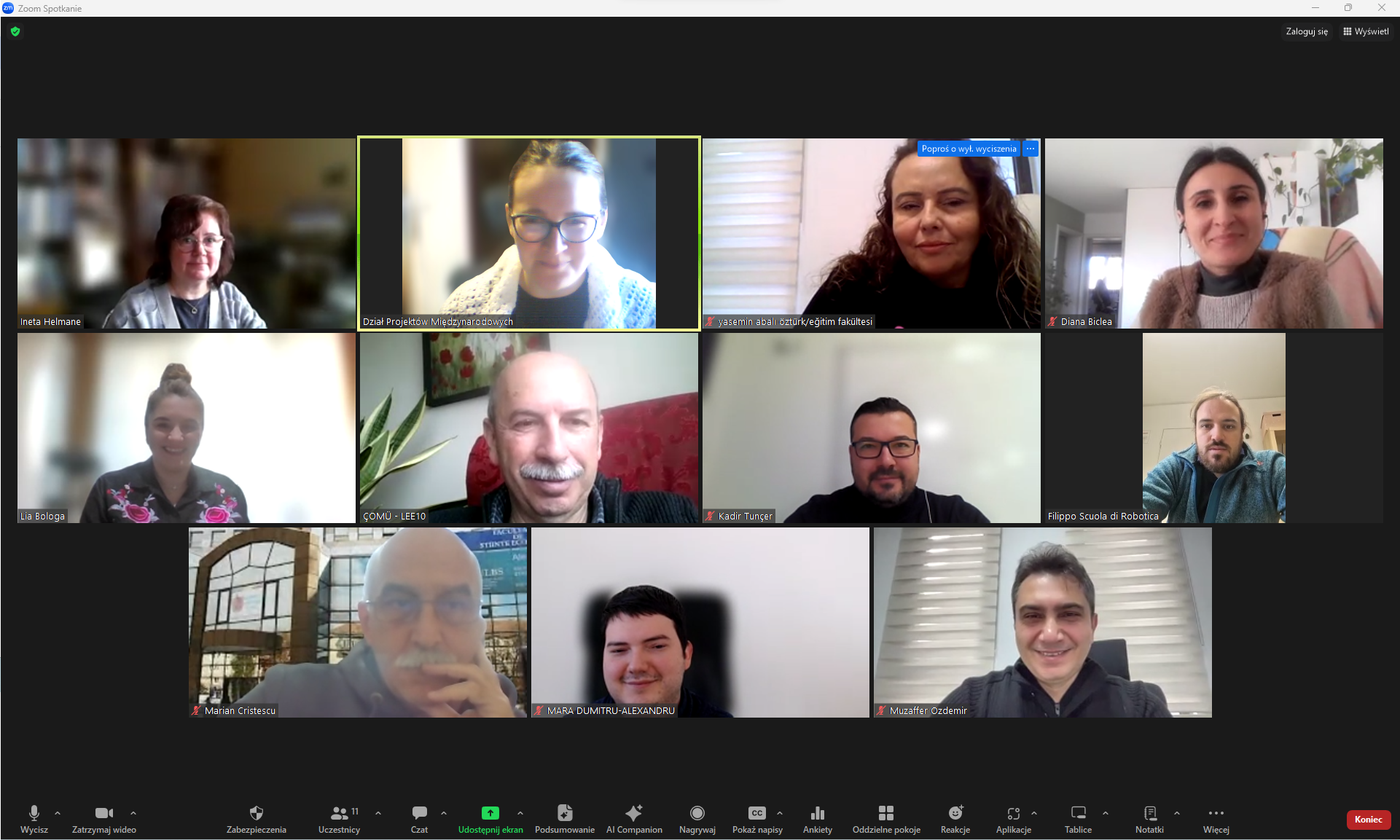
26.02.2024
On 26h February RbtsInMayh consortium held the monthly online meeting. In comming weeks, Partners continiou working od developing the Virtual Video Library. Based on the template, prvided by leading partners all consortium members are working on storyboards. The the meeting set also specific deadlines for upcoming tasks, and quality and dissemination responsibilities were discussed and assigned.
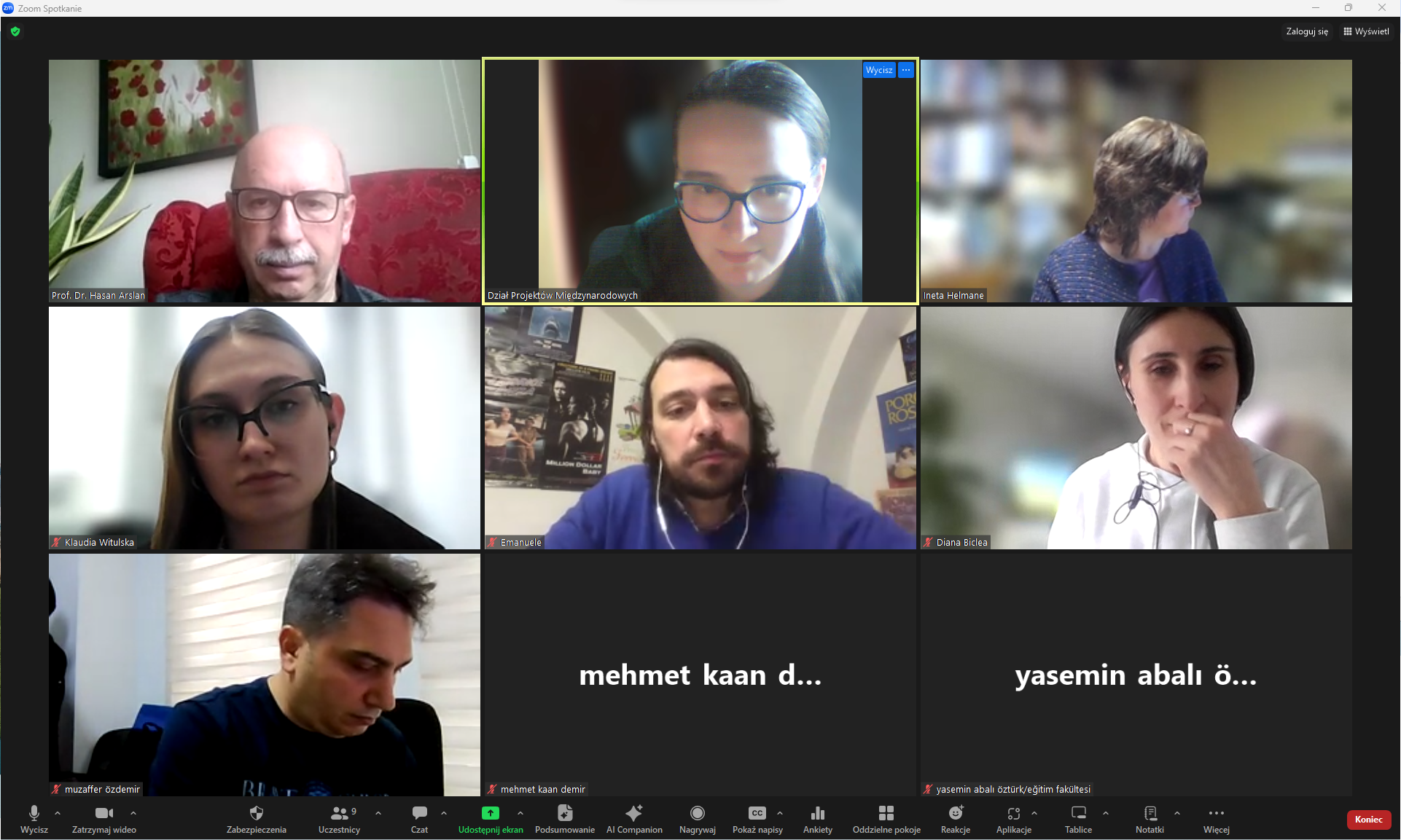
25.03.2024
On 25th March project partners participated in a monthly online meeting. During the meeting, the current progress of the project was discussed and future tasks were planned.
The consortium went into a very in-depth look at the stages of preparation of the storyboards, which are in progress. The partners also discussed the preparation of a Virtual Video Library as part of result three, which will be based on the developed modular curriculum. The videos will be linked to the scenarios. The partners agreed to verify the materials created. The outcome will be a peer review to check if the materials are clear and applicable.
The partners also talked about the timetable for the creation of scripts and videos in the following months. Additionally, the partners briefly discussed the organization of a partners meeting in September in Genova. The agenda for the meeting and the list of participants will soon be ready to make the necessary preparations.
In addition, the meeting addressed issues related to the dissemination of project results, quality assurance and ongoing management.
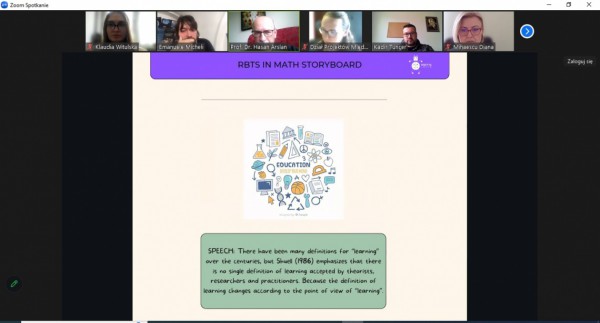
28.05.2024
On 28 May 2024, the partners met online to discuss the progress made on outcome three.
The partners are now focusing on developing the third outcome, the Virtual Video Library. During the meeting, the partners discussed the developed scenarios and discussed any concerns about the creation of the video library. The partners will soon present their draft versions in order to receive feedback and improve the elaborated videos.
Traditionally, the meeting also discussed ongoing issues related to administration, quality assurance and dissemination of project results.
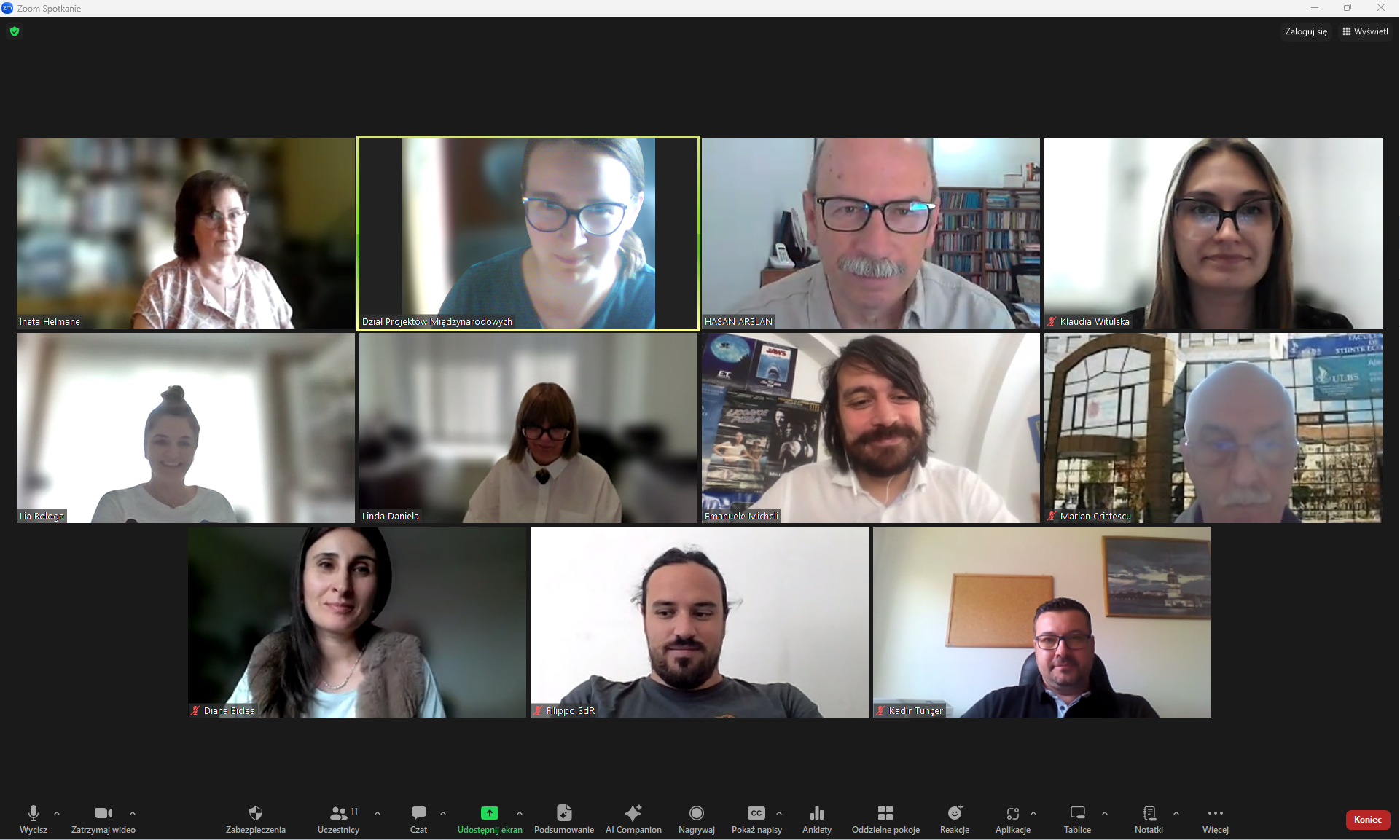
21.06.2024
On 21st June 2024, the partners of the project RbtsinMath: Developing Mathematics Achievement through Using Robotics Applications in Flipped Learning met online to discuss the progress made on the project. At the beginning, the partners briefly discussed the organisational part of the third transnational meeting in Genova. The Italian partners shared tips on the details of the travel. The consortium then discussed the development of work package 3, the Virtual Video Library. The partners are in the process of creating videos for the library and have committed to complete this task before the Genova meeting. In addition, as always, financial and administrative issues and dissemination activities were discussed.
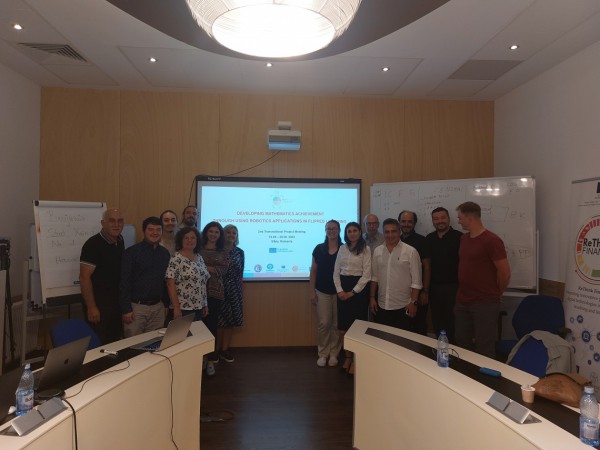
TPM 2 for Video Content Development in Sibiu, Romania (19-20.09.2023)
On 19-20 September in Sibiu, Romania, the RbtsInMath: Developing mathematical achievement through using robotic applications in flipped learning project consortium held its next face-to-face meeting. Project partners from Poland, Italy, Turkey and Latvia were hosted by Romania’s Lucian Blaga University of Sibiu.
The aim of the meeting was to summarise the work carried out so far. As part of Work Package 2, the Partners carried out a literature review of the subject, both at national and European level, and learned about the opinions and needs of prospective teachers and educators with regard to the use of robotic applications for teaching mathematics and reducing math anxiety. The work has resulted in the design of a modular curriculum, consisting of 10 topics. Currently, each partner institution is piloting the material with teachers and prospective teachers to get the opinion of the final users.
The next step will be to develop a Virtual Video Library with robotics practitioners.
Traditionally at the meeting, the Partners also discussed issues related to project management, quality assurance and dissemination of the developed results.
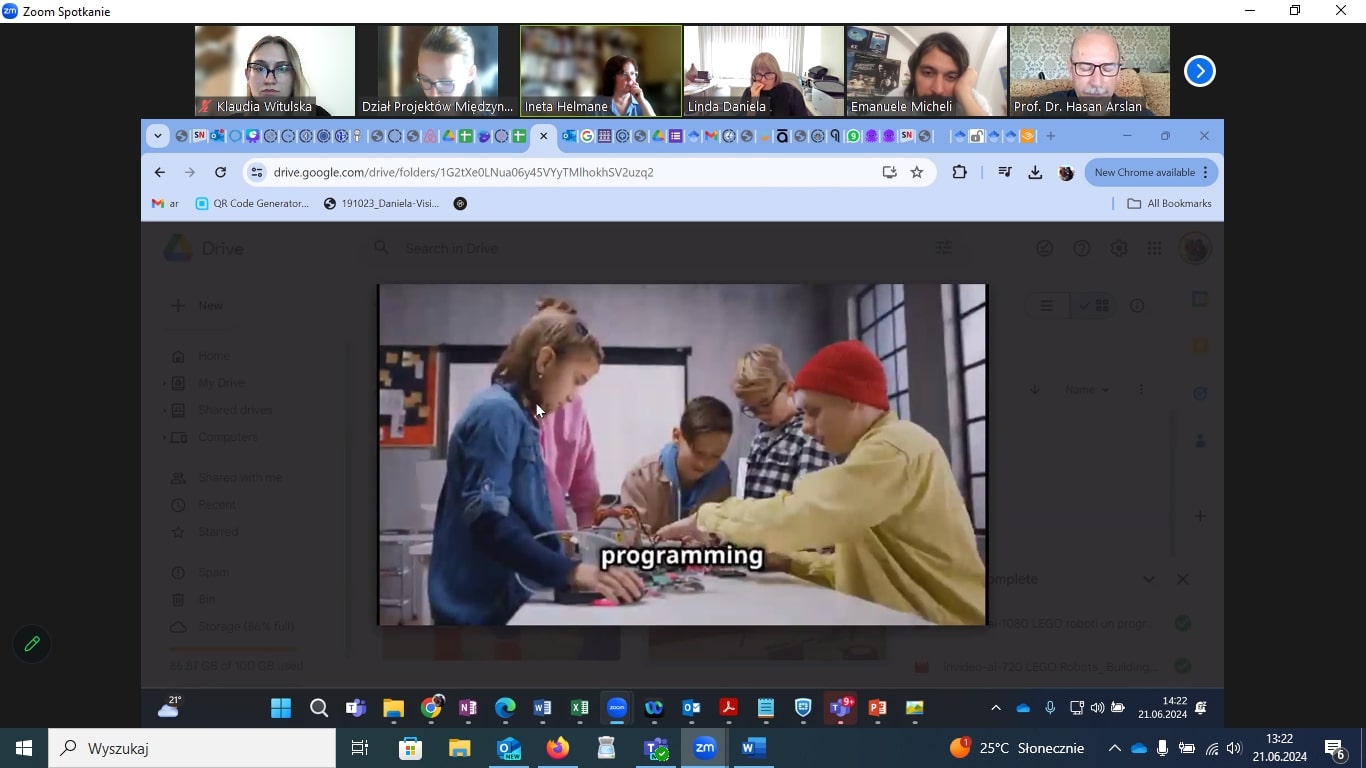
WP3
WP n°3- Virtual Video Library with Robotics Practices
The Virtual Video Library with Robotics Practices consists of Scenario-Based Learning and Teaching Processes. This Work Package aims to contribute to the development of innovative learning and teaching activities. At the same time, it will enable pre-service teachers to achieve excellence in learning and teaching by improving their robotics skills. The library will provide the pre-service teachers the sample video clips and PowerPoint (PP) animations of the application of tens of digital pedagogy in lessons. Pre-service teachers will easily find video and animated PP examples on how to use maths education on flipped learning, distance education or digital supported education and the platform will be able to easily transfer them to learning and teaching activities in the digital environment.
WP4
WP n° 4- Digital Teaching Guide Supported by Robotics Applications
Digital Teacher Guide for preschool teachers and in-service teachers aims to create innovative learning materials in the application of robotics applications in primary school mathematics education. All partners will develop content and conduct analysis through literature reviews, and individual and teamwork activities to prepare a Teacher Guide for Applying Flipped Learning in Robotics Practices in Primary Schools. All partners will write on the important subject of digital pedagogy. The study will be based on the knowledge paper on the digital pedagogy curriculum that was studied in WP2. All partners will discuss the chapters and guide. The final shape will be sent to SAN. Partners will asses the quality of the final result and translate it into national languages. LU will host the 4th TPM (A4.3), and all partners will attend.
